Search Images
Browse Content (p. 358)
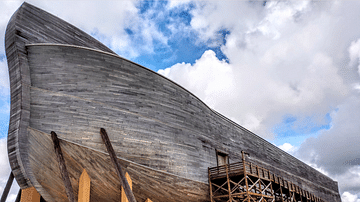
Image
Noah's Ark Representation
A life-size model of what Noah's Ark may have looked like. From the Ark Encounter theme park in Williamstown, Kentucky, USA.
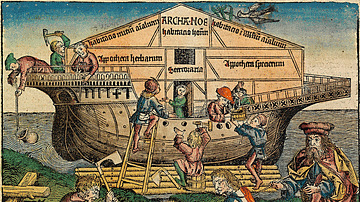
Image
Construction of the Ark
A 1493 illustration from the Nuremberg chronicles showing the construction of Noah's Ark.
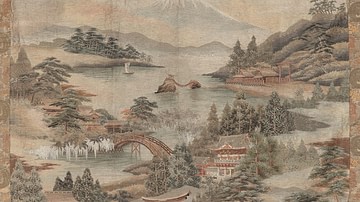
Image
A Composite Imaginary View of Japan
A large silk embroidered wall hanging, worked in long and short silk stitch, with a composite imaginary view of Japan, including shrines, bridges, lakes, forests and flowers, Mount Fuji rising in the distance, within a brocade border. Khalili...
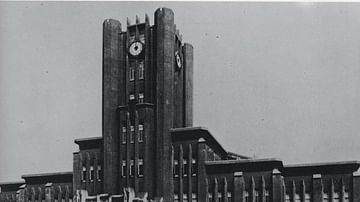
Image
Tokyo Imperial University
Tokyo Imperial University, 1925.
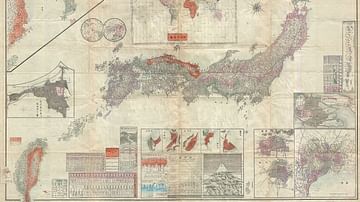
Image
Map of the Japanese Empire, 1895
Map of the Japanese Empire, 1895. It was issued shortly after the 1895 Japanese invasion of Taiwan and is consequently one of the first Japanese maps to include Taiwan and Korea as provinces of Imperial Japan. Geographicus Rare Antique Maps...

Image
Hunnic Mounted Archer
Artist's impression of a female Hunnic mounted archer riding into battle, most likely somewhere on the central Asian steppe. Created by Amplitude Studios for the video game Humankind.

Image
Celtic Warriors
Artist's impression of Celtic warriors standing on a hill. Created by Amplitude Studios for the video game Humankind.

Image
Mauryan Empire Palace Scene
Artist's impression of a palace scene in the Mauryan Empire of India. Created by Amplitude Studios for the video game Humankind.
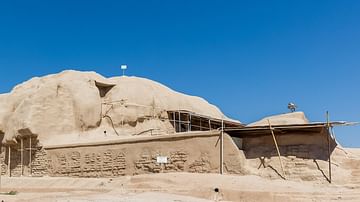
Image
Ziggurat of Tepe Sialk, Iran
Ruins of the Ziggurat from Tepe Sialk, Iran.
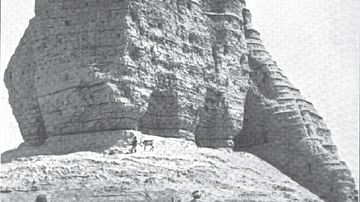
Image
Dur-Kurigalzu Ziggurat
Image of Dur-Kurigalzu ziggurat ruins, Iraq.